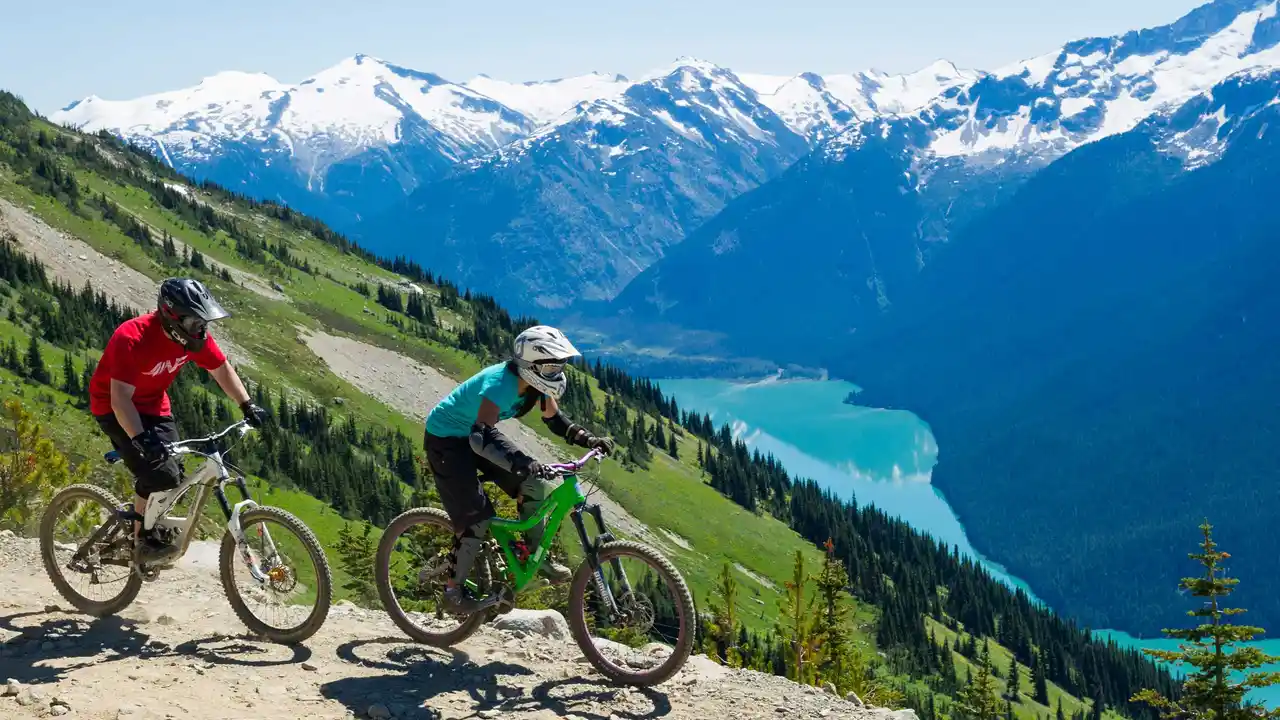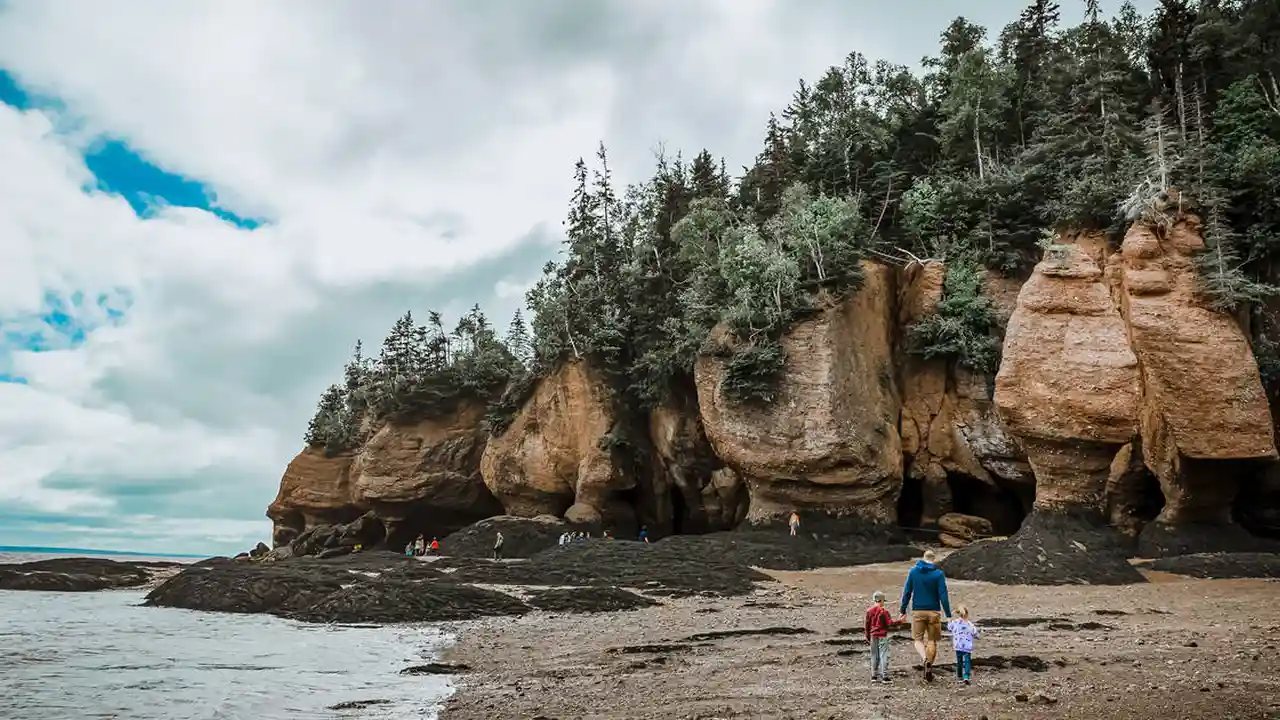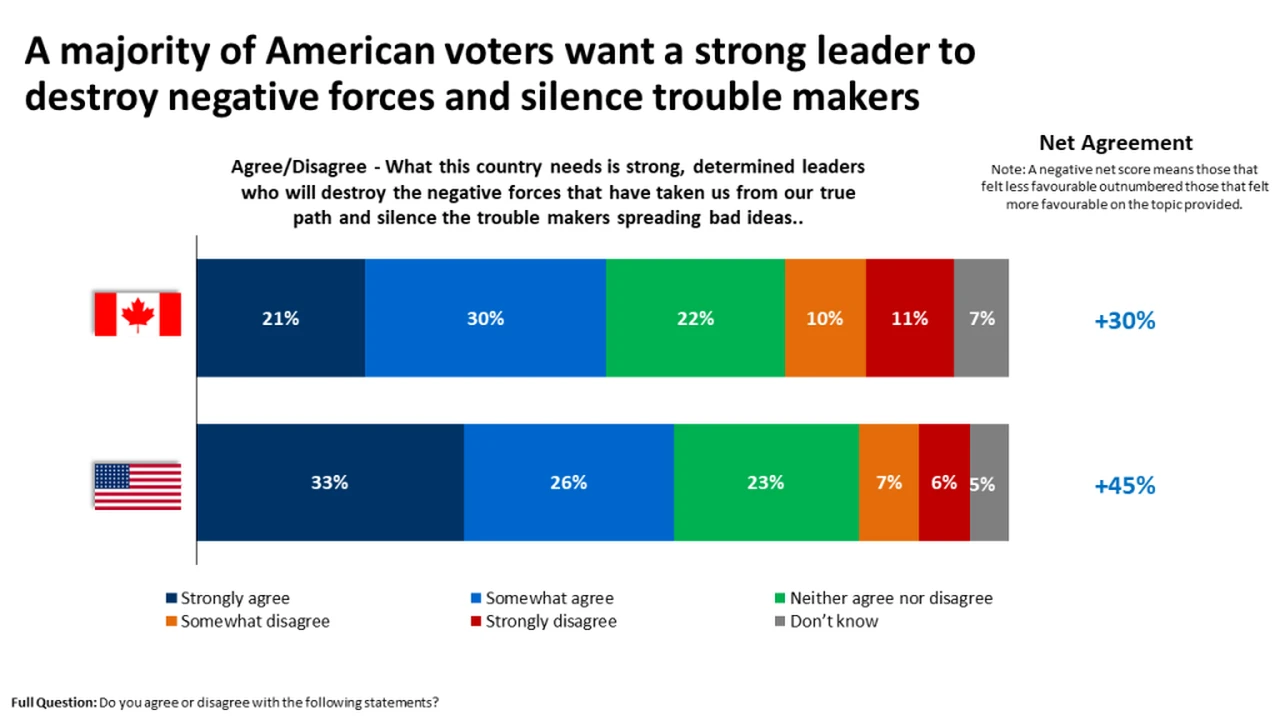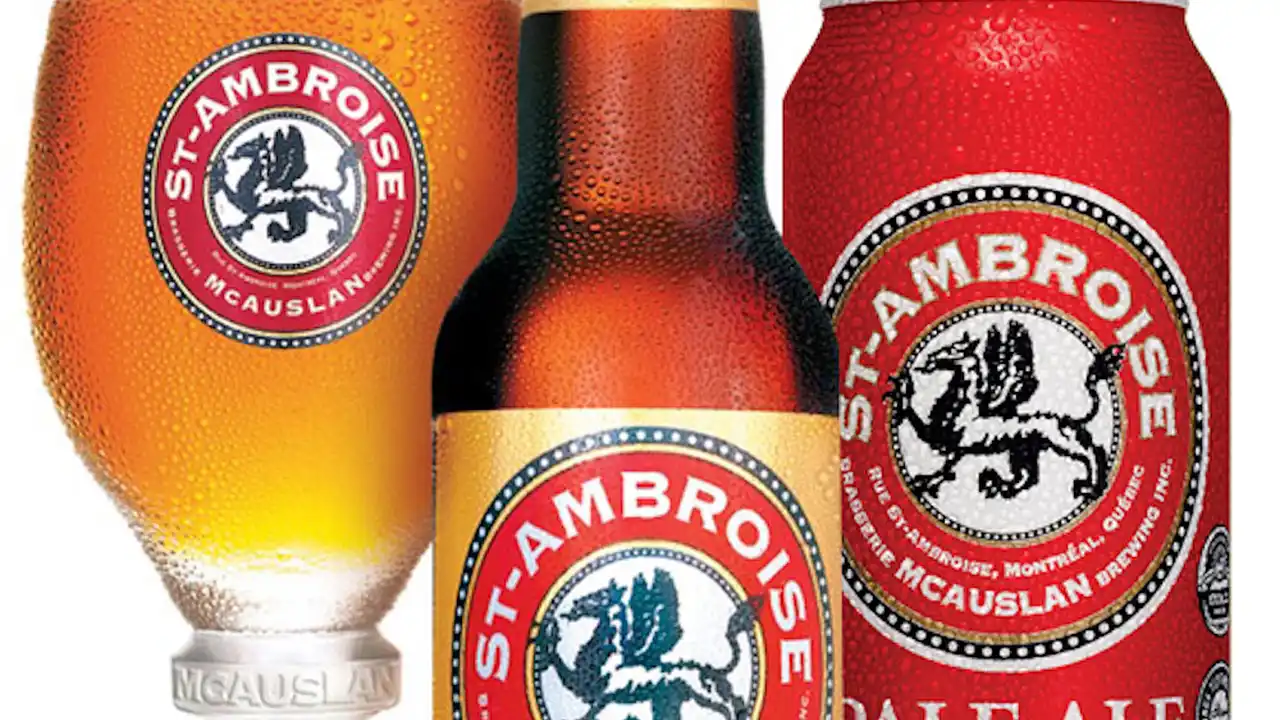Budgeting for a Trip to Canada: How Much Will It Cost?
Planning a trip to Canada? This guide helps you budget effectively. Estimate your expenses and save money. Enjoy your Canadian adventure without breaking the bank.
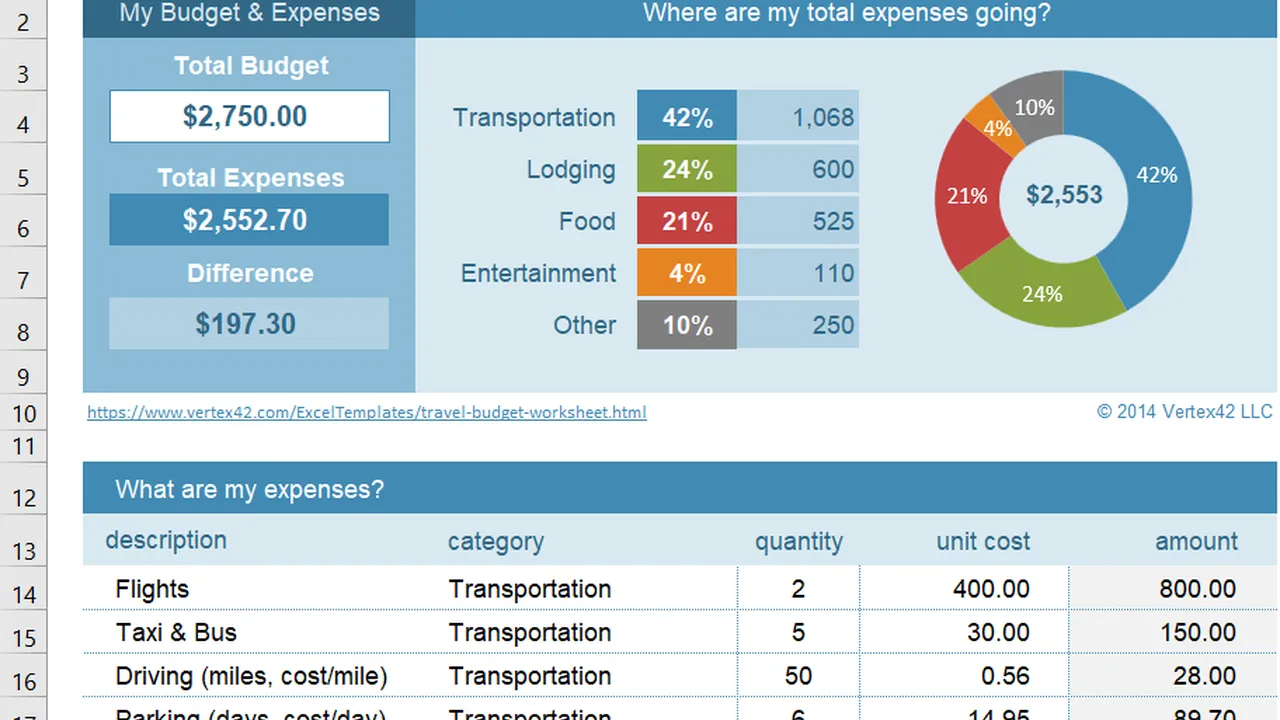
Understanding Canadian Currency and Exchange Rates for US Travelers
Alright, so you're dreaming of maple syrup, majestic mountains, and maybe even spotting a moose. Awesome! But before you pack your bags, let's talk money. Understanding the Canadian dollar (CAD) and how it stacks up against the US dollar (USD) is crucial for planning your budget. The exchange rate fluctuates, so it's always a good idea to check it regularly before and during your trip. Websites like Google Finance, XE.com, and your bank's online portal are great resources. Keep in mind that banks and currency exchange services will charge a small fee for exchanging currency, so shop around for the best rates.
Accommodation Costs in Canada Hotels Hostels and Vacation Rentals
Where you lay your head at night can significantly impact your travel budget. Canada offers a range of accommodation options to suit different budgets and preferences:
- Hotels: Expect to pay anywhere from $100 to $400+ CAD per night, depending on the city, location, and star rating. Major cities like Toronto and Vancouver tend to be more expensive. Look for deals on websites like Booking.com, Expedia, and Hotels.com. Consider staying slightly outside the city center for lower prices.
- Hostels: A budget-friendly option, especially for solo travelers or those on a tight budget. Dorm beds typically range from $25 to $50 CAD per night. Hostels also offer private rooms, which are more expensive but still cheaper than hotels. Check out Hostelworld.com for reviews and bookings.
- Vacation Rentals (Airbnb, VRBO): A great option for families or groups traveling together. You can find apartments, condos, and houses for rent, often with fully equipped kitchens, allowing you to save money on dining out. Prices vary widely depending on the location, size, and amenities. Be sure to read reviews carefully before booking.
- Camping: If you're an outdoor enthusiast, camping is a fantastic way to save money and experience Canada's natural beauty. Campsites in national and provincial parks typically cost between $20 and $40 CAD per night. You'll need to bring your own camping gear or rent it.
Transportation Expenses in Canada Flights Trains and Car Rentals
Getting around Canada can be costly, especially if you're traveling long distances. Here's a breakdown of transportation costs:
- Flights: Domestic flights within Canada can be expensive, especially during peak season (summer and holidays). Book in advance and be flexible with your travel dates to find the best deals. Consider flying into smaller airports or using budget airlines like Flair Airlines or Swoop (be aware of their baggage fees).
- Trains (VIA Rail): A scenic but often time-consuming and expensive option. VIA Rail operates passenger trains across Canada, but prices can be comparable to flights. Book in advance, especially for popular routes like Toronto-Montreal or Vancouver-Jasper.
- Car Rentals: A good option for exploring specific regions at your own pace, especially if you're visiting national parks or rural areas. Prices vary depending on the car type, rental company, and time of year. Expect to pay between $50 and $100+ CAD per day. Factor in the cost of gas (which is generally more expensive than in the US), parking, and insurance.
- Public Transportation: Major cities like Toronto, Montreal, and Vancouver have excellent public transportation systems, including subways, buses, and streetcars. Purchase a day pass or weekly pass to save money if you plan to use public transit frequently.
Food and Drink Budget Eating Out vs Cooking Your Own Meals
Food costs can quickly add up, so it's important to plan your meals strategically. Here are some tips for saving money on food:
- Eating Out: Restaurant meals in Canada can be expensive, especially in touristy areas. Expect to pay around $20-30 CAD for a main course at a mid-range restaurant. Look for lunch specials or early bird deals to save money. Fast food and casual restaurants are cheaper options.
- Cooking Your Own Meals: If you're staying in accommodation with a kitchen, cooking your own meals is a great way to save money. Grocery prices in Canada are generally comparable to those in the US. Visit local farmers' markets for fresh produce and local specialties.
- Picnics: Pack a picnic lunch to enjoy in a park or scenic spot. This is a great way to save money and enjoy the outdoors.
- Happy Hour: Many bars and restaurants offer happy hour specials with discounted drinks and appetizers.
Activities and Entertainment Costs Free vs Paid Attractions
Canada offers a wide range of activities and attractions, from free parks and museums to paid tours and experiences. Here's how to budget for entertainment:
- Free Attractions: Take advantage of free attractions like parks, beaches, hiking trails, and public art installations. Many museums offer free admission on certain days or evenings.
- Paid Attractions: Research the cost of attractions you want to visit and factor them into your budget. Consider purchasing a city pass or multi-attraction pass to save money if you plan to visit several paid attractions.
- Entertainment: Factor in the cost of entertainment like concerts, shows, and sporting events. Look for discounted tickets or free events.
Essential Travel Products to Manage Your Budget in Canada
Here are some helpful products and services to consider for managing your budget effectively:
- Travel Credit Cards: A travel credit card can earn you points or miles for every dollar you spend, which can be redeemed for flights, hotels, or other travel expenses. Look for cards with no foreign transaction fees.
- Chase Sapphire Preferred Card: A popular option for its generous rewards program and travel benefits. Earns 2x points on travel and dining. Annual fee: $95.
- Capital One Venture Rewards Credit Card: Offers a simple rewards structure and travel benefits. Earns 2x miles on every purchase. Annual fee: $95.
- Budgeting Apps: Use a budgeting app to track your expenses and stay within your budget.
- Mint: A free budgeting app that connects to your bank accounts and credit cards to track your spending.
- YNAB (You Need a Budget): A paid budgeting app that helps you create a detailed budget and track your progress.
- Prepaid Travel Cards: A prepaid travel card can help you avoid foreign transaction fees and manage your spending.
- Travelex Money Card: A prepaid travel card that can be loaded with multiple currencies.
- Revolut: A multi-currency card that allows you to exchange currencies at competitive rates and spend abroad without fees.
Comparing Travel Credit Cards Budgeting Apps and Prepaid Cards
Choosing the right financial tools can make a big difference in managing your travel budget. Here's a comparison:
- Travel Credit Cards vs. Prepaid Cards: Travel credit cards offer rewards and travel benefits, but require good credit. Prepaid cards are a good option for those without good credit or who want to avoid overspending.
- Budgeting Apps (Free vs. Paid): Free budgeting apps are a good starting point for tracking your spending. Paid apps offer more advanced features and personalized budgeting tools.
Example Budget Scenarios for Different Travel Styles
To give you a better idea of how much a trip to Canada might cost, here are some example budget scenarios:
- Budget Backpacking Trip (1 week): Accommodation (hostels): $200 CAD, Food (cooking your own meals): $150 CAD, Transportation (public transit, some buses): $100 CAD, Activities (free attractions, a few paid): $50 CAD. Total: $500 CAD.
- Mid-Range Trip (1 week): Accommodation (hotels, Airbnb): $700 CAD, Food (mix of restaurants and cooking): $400 CAD, Transportation (car rental, some flights): $500 CAD, Activities (paid attractions, tours): $300 CAD. Total: $1900 CAD.
- Luxury Trip (1 week): Accommodation (luxury hotels): $2000 CAD, Food (fine dining): $1000 CAD, Transportation (private car, flights): $1000 CAD, Activities (private tours, exclusive experiences): $1000 CAD. Total: $5000 CAD.
Tips for Saving Money on Your Trip to Canada
Here are some additional tips for saving money on your trip to Canada:
- Travel during the shoulder season (spring or fall): You'll find lower prices and fewer crowds.
- Take advantage of free activities: Explore parks, beaches, and hiking trails.
- Cook your own meals: Visit local farmers' markets and grocery stores.
- Use public transportation: It's often cheaper than renting a car.
- Look for discounts and deals: Check websites and tourist information centers for coupons and special offers.
- Be aware of sales tax: Sales tax (GST and PST/HST) is added to most purchases in Canada.
- Negotiate prices: In some cases, you may be able to negotiate prices, especially at smaller shops and markets.
:max_bytes(150000):strip_icc()/277019-baked-pork-chops-with-cream-of-mushroom-soup-DDMFS-beauty-4x3-BG-7505-5762b731cf30447d9cbbbbbf387beafa.jpg)



